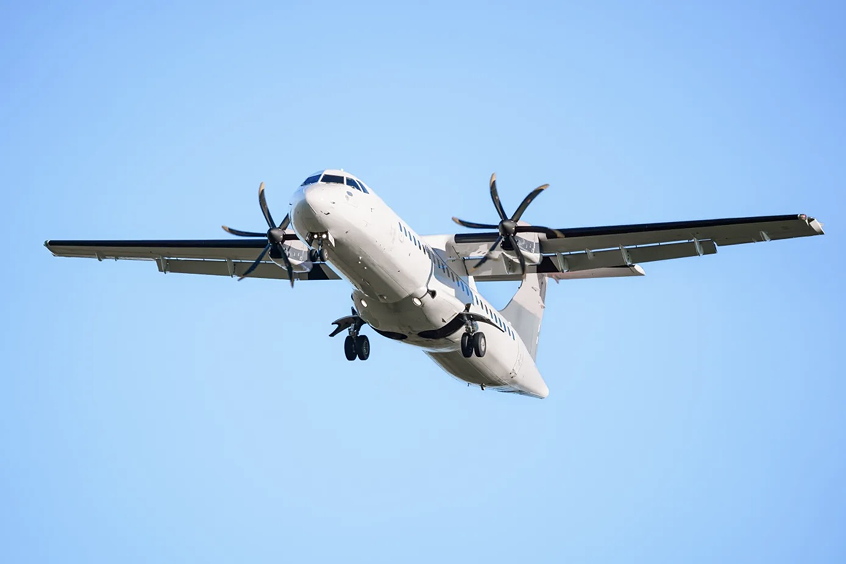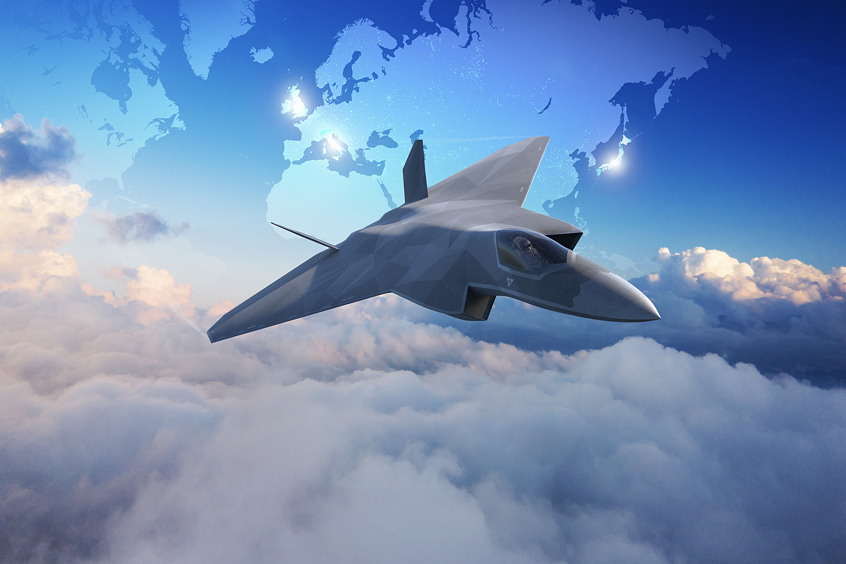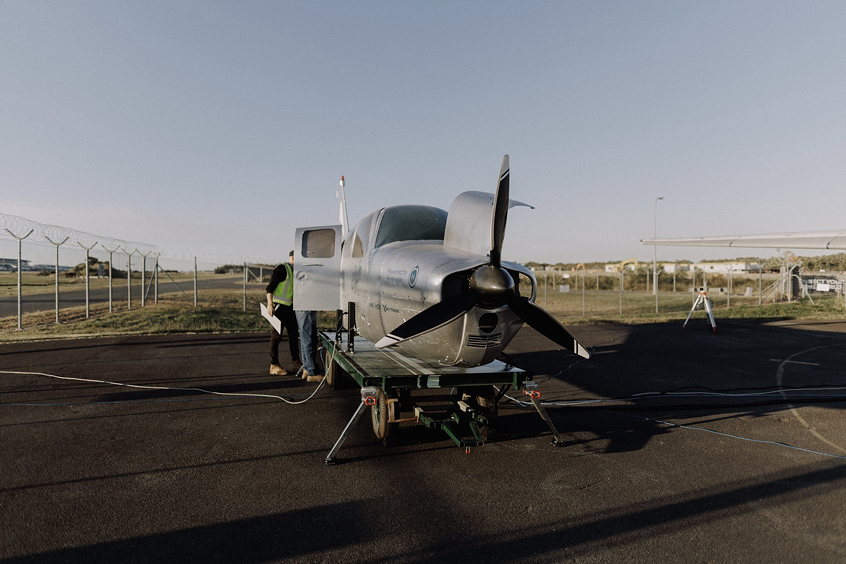Skydweller Aero has completed demonstrations of its aircraft autonomy and guidance, and navigation and control systems in a series of flight tests. Based on data collected and evaluated in previous, open loop demonstrations, its engineers proved autonomous aircraft control and waypoint navigation, a critical milestone on its path to developing a commercially viable autonomy for solar powered aircraft. This achievement verifies the preliminary capabilities of its autonomous systems technology and its advanced weather and climate data analysis.
New communication links and various automatic takeoff and landing sensors were installed and evaluated to ensure the aircraft is ready for its next evolution. Meteorologists and flight test operations verified the advanced weather and climate forecasting models, enabling the creation of optimised flight paths.
"With continual flight testing, Skydweller has had the opportunity to successfully test critical hardware and software components in an iterative, dynamic process leading to this important milestone," says CEO Dr. Robert Miller. "Recent accomplishments are accelerating development of the most reliable and safe aircraft autonomy."
"These successful demonstrations prove the company's ability to safely develop, test and integrate autonomous system capabilities on new and existing aircraft," adds Co-Founder and Chief Strategy Officer John Parkes.
Testing is scheduled to continue over the next several months, as the company continues aircraft transformation into an unmanned aerial system.
| Contact details from our directory: | |
| Skydweller Aero | Airframer |
| Related aircraft programs: |
| Skydweller Solar Impulse 2 (SI2) |
Weekly news by email:
See the latest Bulletin, and sign up free‑of‑charge for future editions.

Airbus Atlantic commits to EPI for metallic ATR components
Boeing commits to expand in Charleston County

GCAP partners agree to go ahead with next gen combat aircraft
